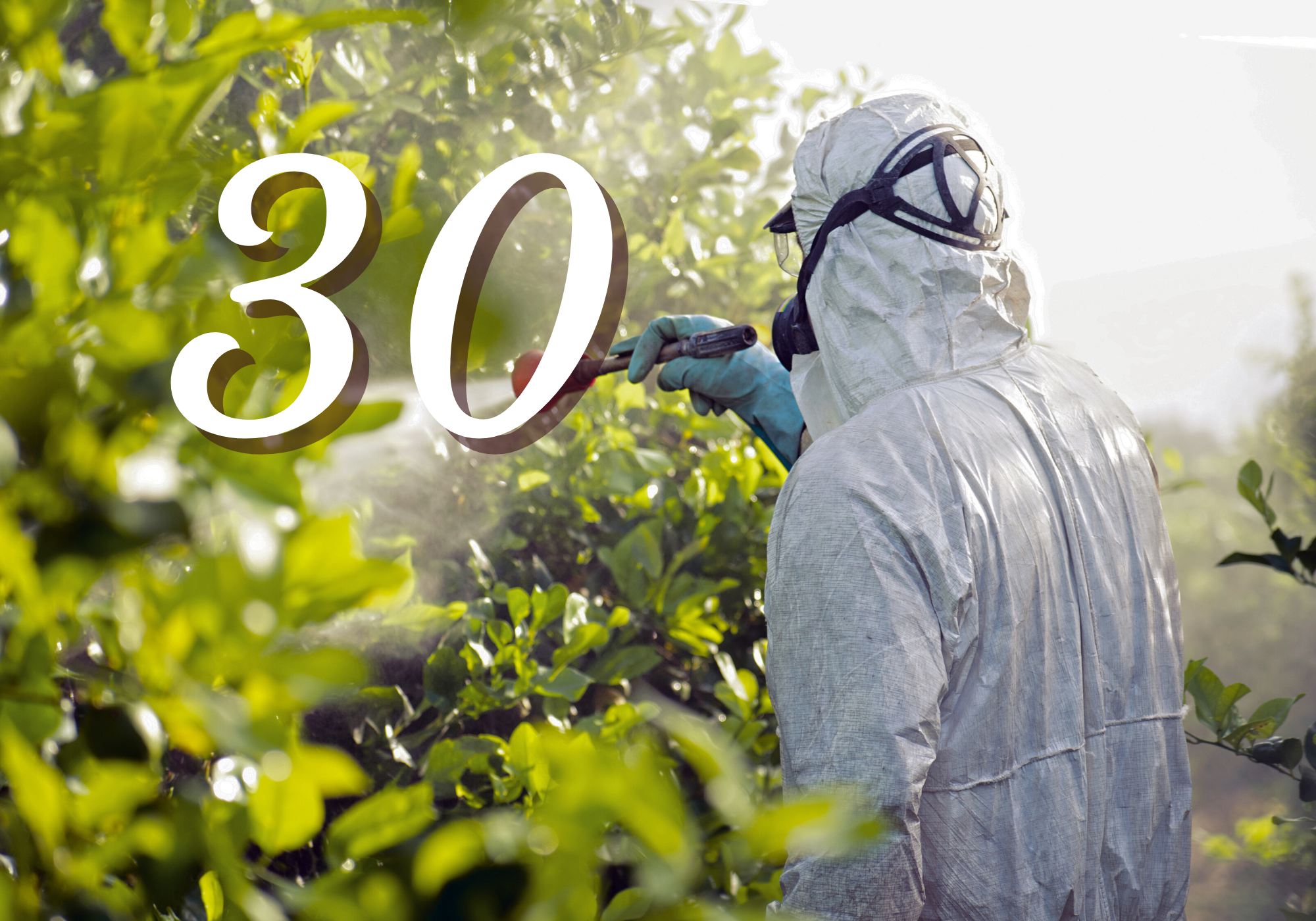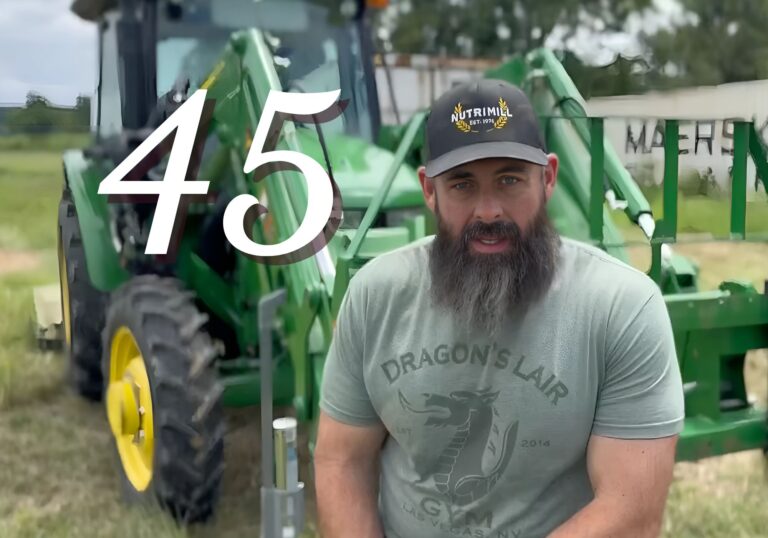MAHA Strategy Pullback — Promises Made: Will they be kept?

https://farmaction.us/trumps-promises-on-the-line-rural-america-is-watching
President Trump returned to the White House on a wave of promises to take on entrenched corporate power, stand up for working people, and put rural America first. His populist base expects decisive action to break up monopolies and make markets fair for farmers, workers, and consumers.
But today, those commitments face a crossroads. Lobbyists and industry insiders are exerting influence across the administration, enforcement is being softened, and the draft Make America Healthy Again strategy already shows signs of being watered down.
The question now is whether the administration will keep its word or let powerful interests maintain the same rigged system that has failed the American people for decades.
Antitrust Enforcement Under Pressure
The Wall Street Journal recently reported that the administration’s “tough on monopolies” stance is being undermined by an influx of politically connected lobbyists and industry insiders. These power brokers, many with direct ties to President Trump, are working for corporations under investigation—negotiating favorable settlements that tilt the system in favor of the biggest players.
In key cases, officials who wanted to hold corporations fully accountable have been pushed aside, while industry-friendly settlements went through. Instead of being based solely on evidence and the law, enforcement is starting to look like a political bargaining chip.
That raises a simple but urgent question: Will antitrust enforcement protect farmers, workers, and consumers—or only those with the money and connections to cut backroom deals?
Rollback of Competition Policy
The administration’s pullback isn’t limited to enforcement. On August 13, 2025, President Trump revoked the Biden administration’s Executive Order on Promoting Competition. That order had pushed dozens of actions across government to fight consolidation in agriculture, medicine, and labor—giving farmers, workers, and small businesses a fairer shot.
Its removal signals a shift away from competitiveness and toward a deregulated, corporate-friendly approach.
The MAHA Strategy Pullback
The same pattern shows up in the leaked draft of the Make America Healthy Again strategy report. The Commission’s April assessment boldly called out systemic issues like corporate capture, chemical contamination, and farm programs that tilt the field toward commodity crops.
But between April and August, the White House met with food and agribusiness lobbyists, and the influence shows. The draft strategy report avoids antitrust action, punts on pesticide dependence, and leaves crop insurance distortions untouched.
It does include some steps we support, like easing barriers for CSAs, improving farm-to-school grants, supporting small meat processors, and expanding voluntary soil health programs. But these scattered measures are thin on detail and overshadowed by the reluctance to take on reforms at the scale of the problem. We’ll be watching to see whether the final report delivers the real change farmers and families need.
Four Key Cases to Watch
Beyond the MAHA strategy, the administration’s approach to specific enforcement actions will reveal even more about its true priorities. A handful of high-profile antitrust cases now moving through the courts will test whether promises to stand up to corporate power are backed by action.
- Egg Pricing Investigation: After Farm Action exposed likely supply restrictions and excessive profits, the Department of Justice (DOJ) opened an investigation into the egg industry in March 2025. We applaud this step and will be watching closely to ensure corporate lobbying doesn’t derail it.
- John Deere: In January 2025, the Federal Trade Commission (FTC) and state Attorneys General sued Deere for restricting repair tools and software, for forcing dealer-only fixes and limiting farmers’ control over their equipment. This case stems from a 2022 complaint by Farm Action and allies.
- Syngenta and Corteva: In a lawsuit filed in 2024, the FTC and states accuse the companies of using “loyalty programs” that keep cheaper generic pesticides out of farmers’ hands.
- Agri Stats: In a case filed in 2023, the DOJ alleges this data firm enabled meat giants to coordinate prices, harming both farmers’ incomes and consumers’ grocery bills.
Each of these cases will show whether the administration is really willing to stand up to corporate power or let the biggest players off the hook.






